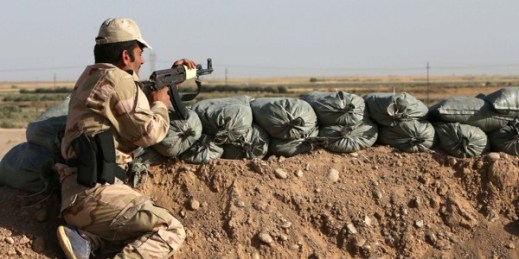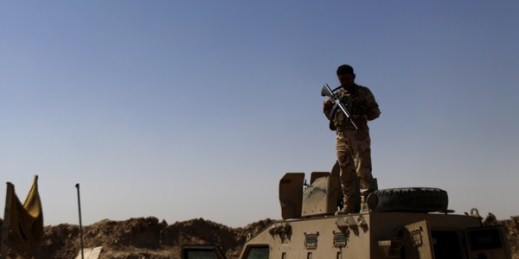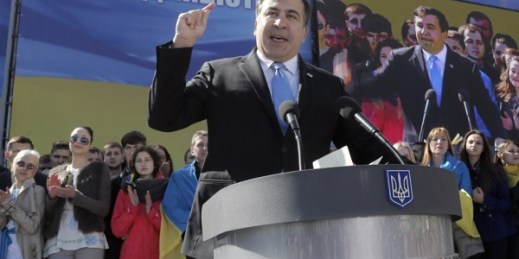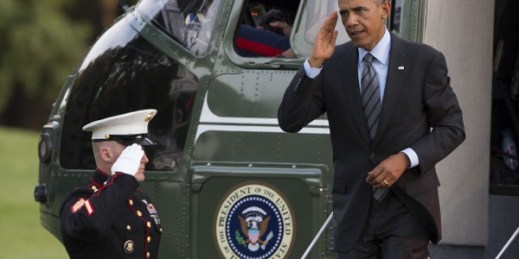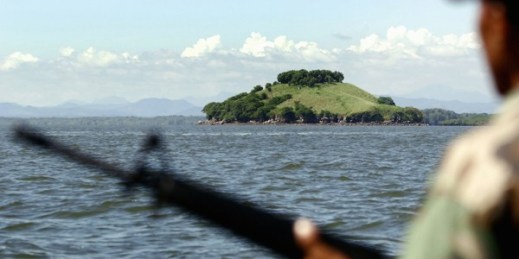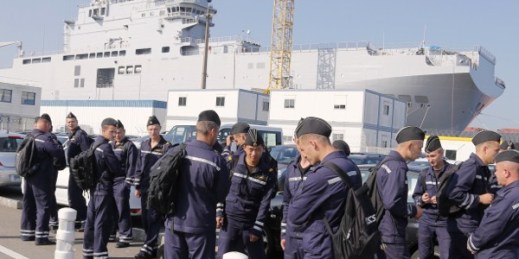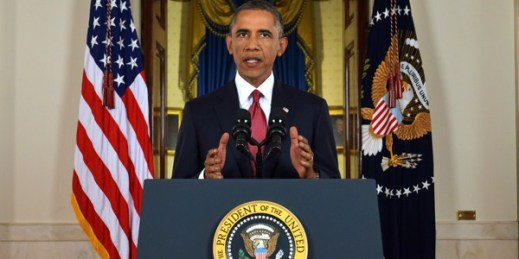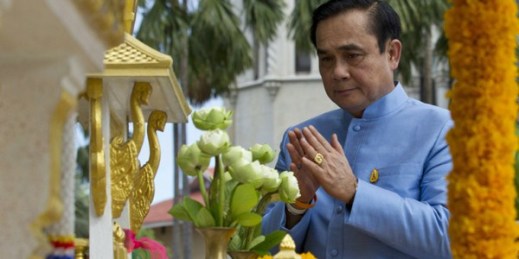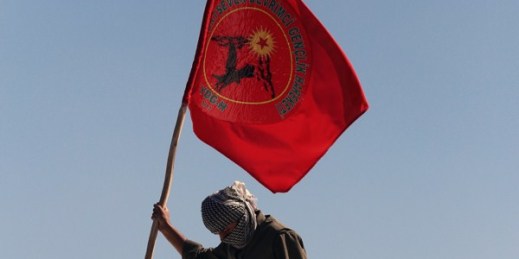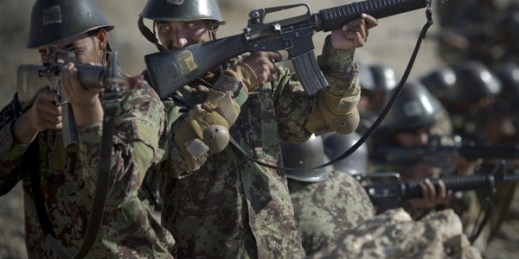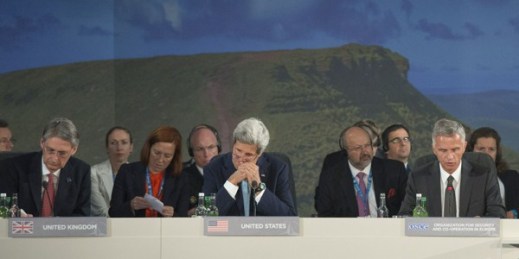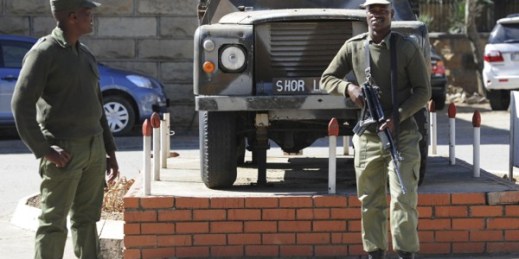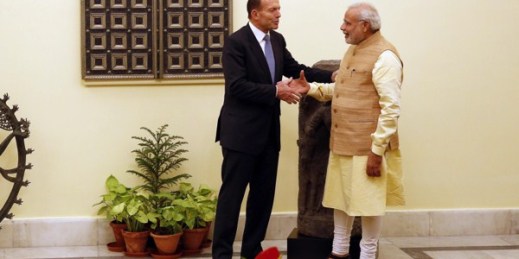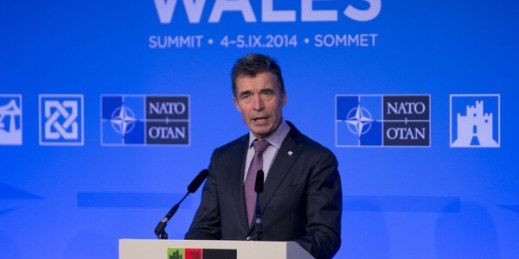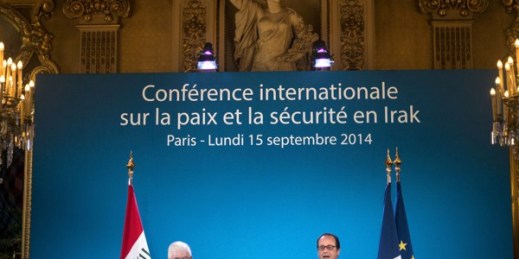
Much of the discussion around the strategy unveiled this past week by President Barack Obama to combat the Islamic State has focused on whether or not the administration will be able to successfully forge a “core coalition” of states to participate in the fight, and whether that grouping will be substantive or a largely ceremonial equivalent of the “coalition of the willing” assembled by George W. Bush prior to the invasion of Iraq. But the main proposition is largely accepted as a given: The United States can supply air power, intelligence assets and even training and equipment, but other coalition […]


